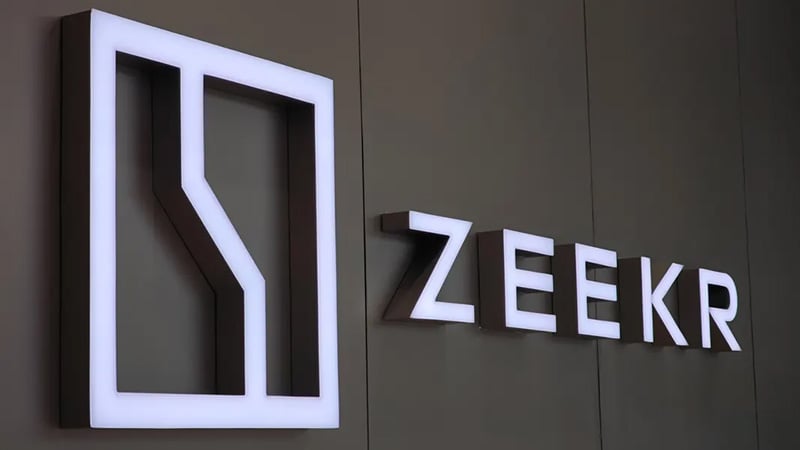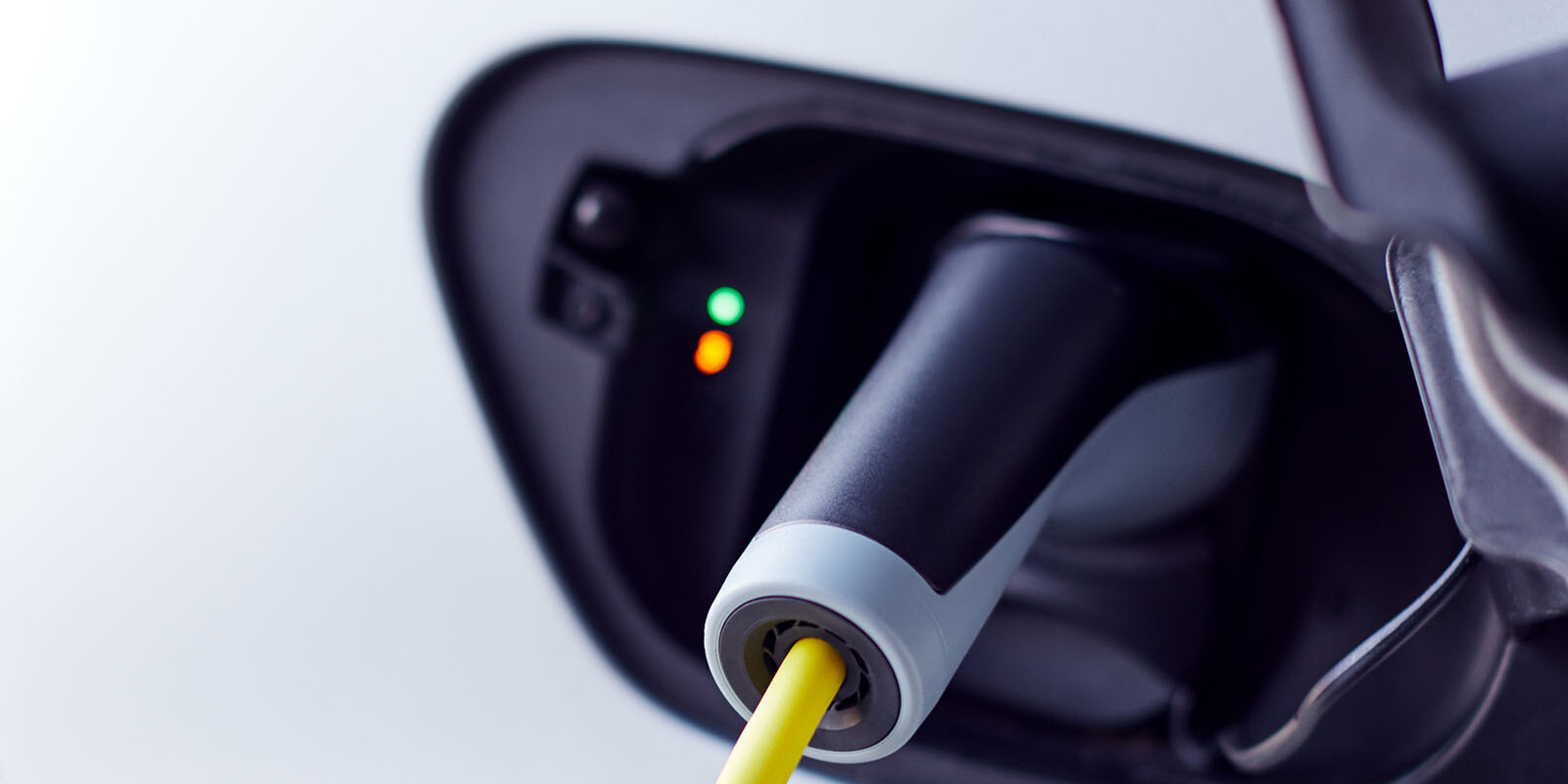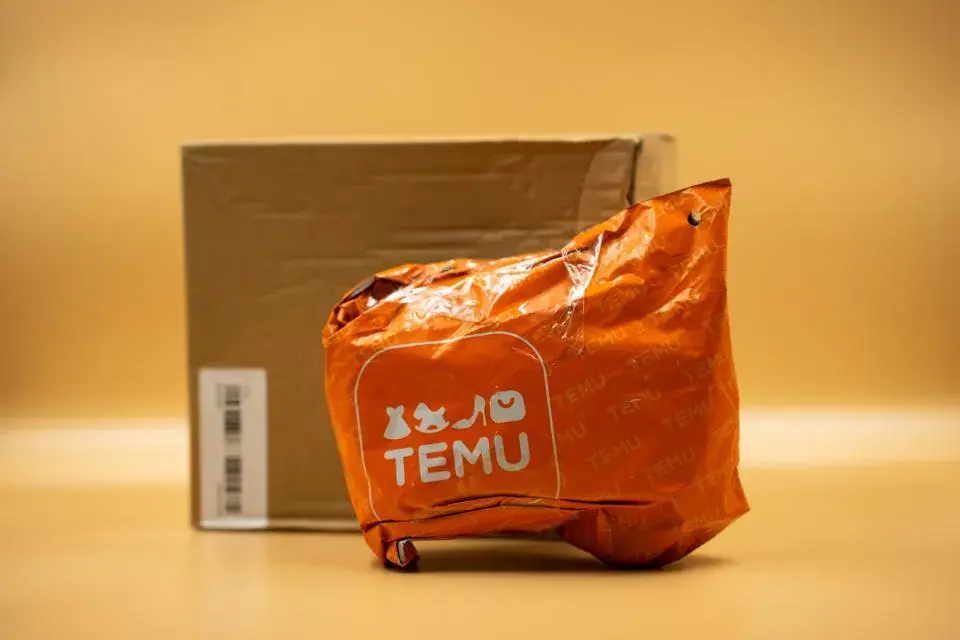How Asia Stacks Up On ESG
In recent years, Environmental, Social, and Governance (ESG) investing has become a significant focus for investors worldwide, particularly in the U.S. and Europe. With trillions of dollars...
Will U.S. Tariff Barriers Against China Become America’s Maginot Line?
The Maginot Line, an 800-mile fortification built by France between the World Wars, was intended to protect against German invasion. Despite its impressive defenses, it was ultimately...
Why Japan Could Be The Next U.S. IPO Hotbed
Japan, traditionally seen as a land of large blue-chip companies, ultra-low interest rates, and a slowly declining economy, is now emerging as a promising hub for U.S. initial public...
Can the ZEEKR IPO Provide a Jolt of Enthusiasm for Chinese IPOs?
The initial public offering (IPO) of ZEEKR, a Geely-backed electric vehicle (EV) brand, has generated considerable attention as it started trading on the New York Stock Exchange (NYSE)...
Has Elon Musk Met His Match in China?
Elon Musk's recent challenges and the evolving competitive landscape in China highlight a critical juncture for Tesla and its future in the global electric vehicle (EV) market. Musk’s...
A U.S. Ban of the Shein IPO Would Be Un-American
As we approach 2024, one of the most anticipated initial public offerings (IPOs) in the U.S. is Shein, the fast-fashion powerhouse that has revolutionized the industry with a constant...
Why Temu Could Challenge Amazon’s U.S. Market Position
Temu, a Chinese-owned online marketplace, is making significant waves in the U.S. market, sparking discussions about whether it could challenge Amazon's dominant position in American...
As China’s Economy Slows, Hong Kong Seeks to Redefine Its Future
Hong Kong, once the undisputed financial hub of Asia, has faced significant challenges in recent years. The city, which has long served as a vital bridge between China and the global...
Will China IPOs Stage a Comeback in 2024?
The state of Chinese IPOs has become a puzzling scenario as we step into 2024. Despite Chinese stocks logging their third consecutive year of negative returns in 2023, Chinese companies...
With Chinese Consumers Missing in Action, What’s Next for China’s Economy?
At the start of 2023, economic forecasters were optimistic that China would see a surge in consumer spending as the country emerged from the world’s strictest COVID-19 lockdowns. With...
Browse Posts
- June 2025
- July 2024
- June 2024
- May 2024
- April 2024
- March 2024
- February 2024
- January 2024
- November 2023
- October 2023
- August 2023
- June 2023
- May 2023
- March 2023
- January 2023
- December 2022
- October 2022
- April 2022
- February 2022
- January 2022
- September 2021
- July 2021
- June 2021
- May 2021
- April 2021
- March 2021
- February 2021
- January 2021
- December 2020
- November 2020
- October 2020
- August 2020
- July 2020
- June 2020
- May 2020
- March 2020
- December 2019
- September 2019
- July 2019
- June 2019
- April 2019
- March 2019
- December 2018
- November 2018
- October 2018
- July 2018
- December 2017
- October 2017
- August 2017
- July 2017
- June 2017
- March 2017
- May 2015
- March 2014
Sidebar
.png?width=643&name=Now%20is%20(643%20%C3%97%20159%20px).png)










